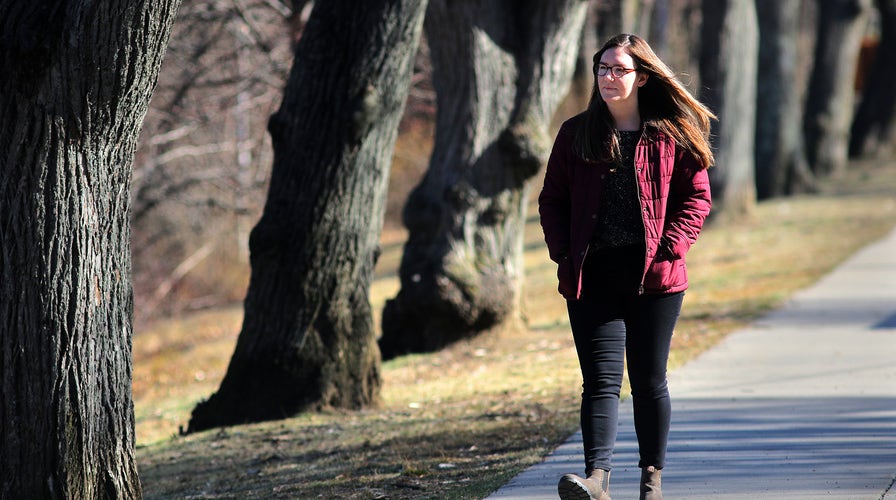Fox News Flash top headlines for April 1
Fox News Flash top headlines are here. Check out what's clicking on Foxnews.com.
Get all the latest news on coronavirus and more delivered daily to your inbox. Sign up here.
More than 280 million Americans in 35 states and Washington, D.C., are under stay-at-home orders that restrict their movement to the bare essentials to slow the spread of coronavirus. Although the topic of has not been studied widely, experts believe social distancing can negatively impact mental health.
It's hard to find an aspect of life in the U.S. that hasn't been upended by the global pandemic. Most public schools and colleges have sent students home and switched to virtual classrooms; nursing homes and senior centers are barring visitors; companies large and small told employees to work from home; and restaurants, hotels, gyms and bars have been shuttered.
A review of research in The Lancet on the psychological impact of the practice found that many people experienced both short- and long-term negative effects from being quarantined. Researchers found that of 2,760 quarantined people, 34 percent, or 938 individuals, reported high levels of psychological distress, which can indicate mental health problems such as anxiety and depression, during the outbreak compared with 12 percent of non-quarantined individuals.
BILL GATES SAYS NATIONWIDE SHUTDOWN, MORE TESTING NEEDED TO 'SAVE LIVES' AND RESTART ECONOMY

Alexis Rickmers walks around Chandler Pond and Gallagher Park in Boston on March 18, 2020. She is among many people suffering from anxiety, paranoia, and hypochondria amid the coronavirus. She says daily walks help. (Photo by Lane Turner/The Boston Globe via Getty Images)
"For some people, a lack of social connectedness feels as impactful as not eating,” Joshua Morganstein, a psychiatrist and disaster mental health expert at the Uniformed Services University in Bethesda, Md., told Science News.
Common responses to the COVID-19 pandemic include fear, anxiety, sadness, loneliness and a general sense of unease.
Besides staying connected via non-physical means, psychologists recommend getting some time outdoors in the sun, regular meditation, recalling something good and simply managing your own expectations. “Be easy on yourself,” Julie Kolzet, a licensed psychologist in New York City, told Psycom. “It’s not an easy time. Do what you can.”
Christina Garnett, a licensed clinical social worker, said that not being able to go out can make some people feel lonely or depressed -- but she cautioned that social distance does not have to mean isolation.
CORONAVIRUS MAKES IT HARDER TO BATTLE SWARMS OF LOCUSTS RAVAGING AFRICA
The social worker told KMOV that staying in touch using cellphones and other technology, whether to text, call or video chat, can help during the current crisis.
Kolzet said that "looking for the good" is another sound coping strategy.

